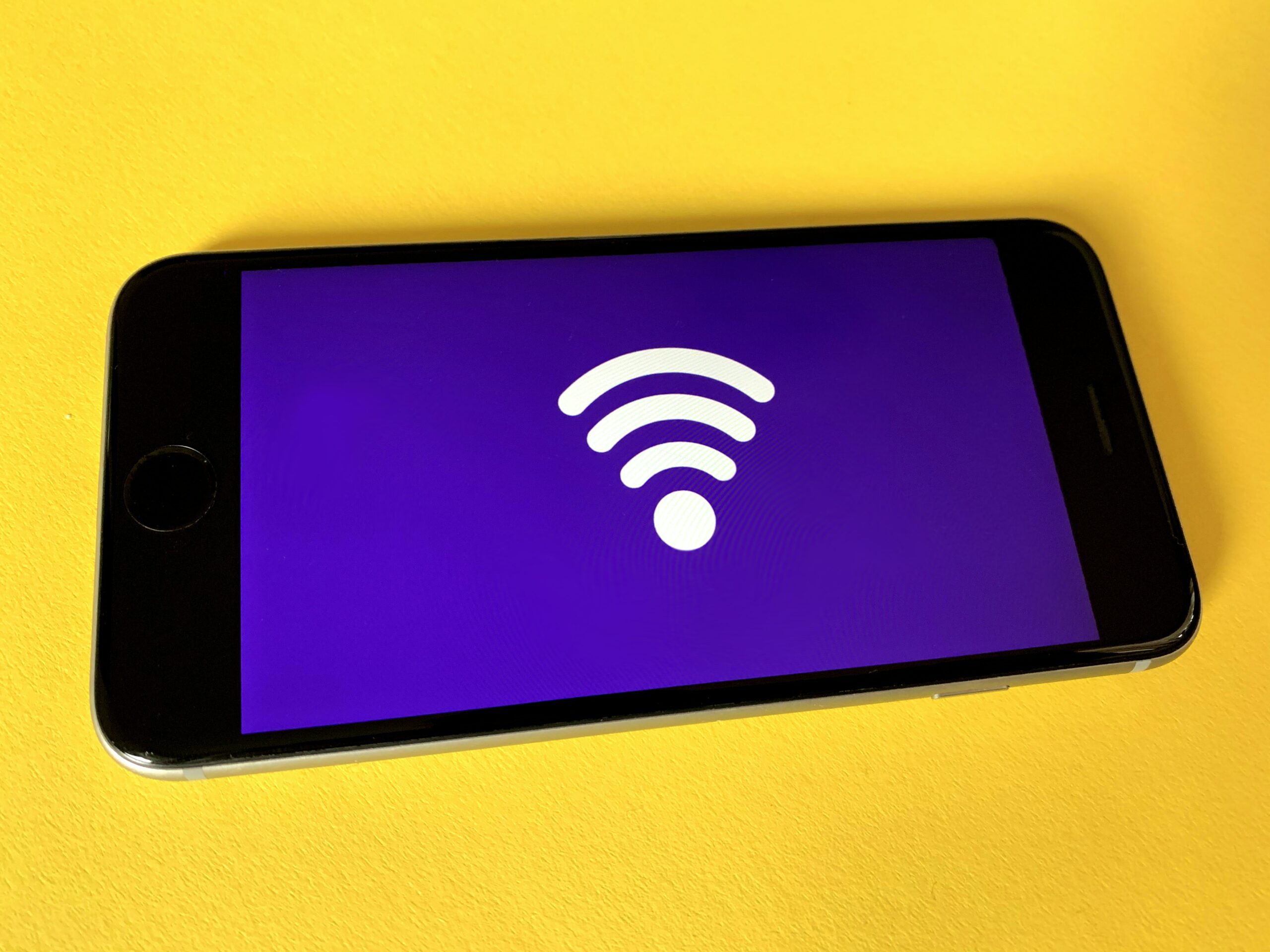The nation’s largest broadband affordability initiative, the Affordable Connectivity Program (ACP), is set to end due to a lack of congressional funding. Established during the pandemic, the program has been instrumental in providing internet access to millions of low-income Americans. The Federal Communications Commission (FCC) will officially close the program on June 1, 2024.

Impact on Low-Income Households
Launched in December 2020, the ACP enrolled over 23 million subscribers, covering one in six U.S. households across rural, suburban, and urban areas. The program’s termination highlights the persistent digital divide faced by many working families who struggle to afford internet service. FCC Chairwoman Jessica Rosenworcel emphasized the importance of the ACP in a statement, noting that additional funding from Congress is the only solution to sustain the program. The program’s end will significantly impact seniors on fixed incomes and families who rely on the benefit to stay connected for essential activities like education and work.
Challenges and Responses
Previous federal efforts primarily focused on making high-speed internet available without addressing affordability. The ACP addressed this gap by providing financial assistance to low-income households. More than one million households enrolled in the first week of the program’s precursor in May 2021, demonstrating the critical need for such support. “Each of the 23 million-plus ACP subscribers that no longer receive an ACP benefit represents an individual or family in need of just a little bit of help to have the connectivity we all need to participate in modern life,” Rosenworcel stated. She also noted that 68% of these households had inconsistent or no connectivity before the ACP. The loss of this benefit forces many recipients to choose between online access and other necessities such as food or gas.
Broader Implications and Future Steps
The end of the ACP affects approximately 3.4 million rural households, over 300,000 households in tribal areas, and more than four million households with active duty or former military members. The FCC imposed an enrollment freeze in February to manage the program’s wind-down smoothly. While the ACP is concluding, the FCC offers another program called Lifeline. This program provides a $9.25 monthly benefit on broadband service for eligible households, though it is not a full replacement for the ACP. The Lifeline program aims to continue supporting low-income families, but its benefits are significantly lower than those provided by the ACP.

Rosenworcel’s appeal to Congress underscores the urgent need for legislative action to bridge the digital divide permanently. “Additional funding from Congress remains the only near-term solution to keep this vital program up and running,” she reiterated in her appeal to lawmakers. As the ACP comes to a close, millions of Americans face uncertainty regarding their internet access. The situation calls for immediate and long-term solutions to ensure that all Americans can stay connected in an increasingly digital world.
